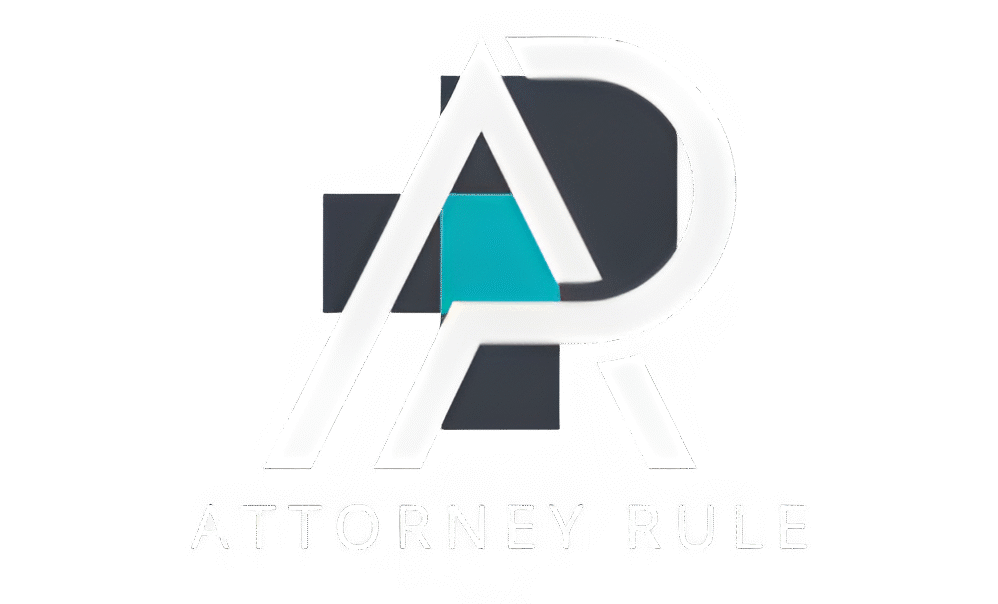Divorce and separation are never easy, especially when children are involved. Determining who gets custody — and under what conditions — can be one of the most emotional and legally complex parts of ending a relationship. Whether you’re a mother, father, or guardian, having a child custody attorney by your side can make all the difference in protecting your parental rights and securing what’s best for your child.
A child custody attorney is a lawyer who specializes in family law, focusing on legal disputes involving custody, visitation, and parenting arrangements. Their role is to help parents reach fair, workable agreements while ensuring the child’s best interests remain the top priority.
What Does a Child Custody Attorney Do?
Child custody attorneys guide parents through every step of the custody process — from negotiation to courtroom representation. Their job is not only to fight for your rights but also to help create stable, safe arrangements for your child.
Here’s what a skilled custody lawyer typically does:
1. Explains Custody Laws
Every state has its own custody laws and guidelines. A child custody attorney helps you understand these laws, your rights, and how courts determine custody. They’ll explain terms like legal custody (decision-making rights) and physical custody (where the child lives), as well as joint vs. sole custody.
2. Assesses Your Situation
The attorney reviews your circumstances, including living conditions, work schedule, your relationship with the child, and any history of neglect or abuse. This information helps them determine the best legal strategy for your case.
3. Negotiates Parenting Agreements
Many custody disputes can be resolved outside of court through negotiation or mediation. Your attorney works to create a parenting plan that covers visitation schedules, holidays, education, and other key issues — ideally reaching an agreement that both parents can accept.
4. Represents You in Court
If an agreement can’t be reached, your attorney will represent you before a family court judge. They’ll present evidence, question witnesses, and argue your case to ensure your rights and your child’s well-being are protected.
5. Handles Custody Modifications
Life changes — jobs, moves, or remarriages — may require custody modifications. A custody attorney helps you request or oppose changes to existing custody orders when circumstances shift.
Types of Child Custody
Understanding the different types of custody is essential before going into any legal proceedings. Courts generally consider two main forms of custody:
1. Legal Custody
Legal custody gives a parent the authority to make important decisions about the child’s life — such as education, healthcare, and religion.
-
Joint legal custody means both parents share decision-making rights.
-
Sole legal custody gives one parent full authority if the other is deemed unfit or unable to participate in major decisions.
2. Physical Custody
Physical custody determines where the child lives day-to-day.
-
Joint physical custody means the child splits time between both parents.
-
Sole physical custody means the child primarily lives with one parent, while the other may have visitation rights.
A child custody attorney helps ensure these arrangements reflect both your rights and your child’s best interests.
How Courts Decide Child Custody
Family courts always focus on the best interests of the child when deciding custody cases. Judges consider several factors, including:
-
The emotional bond between the child and each parent
-
The ability of each parent to provide a stable home
-
The child’s age, health, and needs
-
Each parent’s mental and physical well-being
-
Any history of domestic violence or substance abuse
-
The child’s preference (depending on age and maturity)
Your child custody attorney’s role is to present strong evidence and arguments that demonstrate why your custody proposal aligns with these best-interest standards.
Benefits of Hiring a Child Custody Attorney
Custody disputes are often filled with emotion, stress, and high stakes. Hiring an experienced attorney provides both legal protection and peace of mind. Here’s how:
1. They Understand Family Law
Custody laws can be confusing, especially if you’re dealing with interstate custody issues or modifications. A custody attorney ensures that all paperwork, procedures, and deadlines are properly handled.
2. They Keep Emotions in Check
Divorce and custody battles are emotional. A lawyer offers objective advice and keeps the process professional — focusing on facts and legal strategy, not anger or resentment.
3. They Help with Negotiation and Mediation
Custody attorneys are skilled negotiators. They can help parents reach amicable agreements without going to trial, saving time, stress, and money.
4. They Advocate for You in Court
If your case goes to trial, your attorney presents your side clearly and persuasively. They know how to gather evidence, question witnesses, and handle complex custody hearings.
5. They Protect Your Parental Rights
Whether you’re seeking joint custody or fighting for sole custody, your attorney ensures your rights as a parent are respected and protected throughout the legal process.
What to Expect During the Custody Process
The custody process typically involves several stages. Here’s a general outline:
-
Filing a Custody Petition: One parent files a legal request for custody with the family court.
-
Response: The other parent responds, agreeing or disagreeing with the proposal.
-
Mediation or Negotiation: Many courts encourage mediation to resolve disputes before trial.
-
Court Hearing: If mediation fails, a hearing is held where both sides present evidence and testimony.
-
Custody Decision: The judge issues a custody order based on the child’s best interests.
Your attorney will guide you through each step, ensuring your documentation, witnesses, and evidence are in order.
Common Custody Challenges
Child custody cases can become complicated, especially when additional issues arise, such as:
-
Relocation disputes when one parent wants to move out of state
-
Allegations of abuse or neglect
-
Parental alienation, where one parent tries to turn the child against the other
-
Substance abuse concerns
-
Grandparent or third-party custody claims
A knowledgeable child custody attorney can handle these complex issues and protect both you and your child from unfair outcomes.
How to Choose the Right Child Custody Attorney
Selecting the right lawyer is one of the most important decisions you’ll make during this process. Here’s what to look for:
-
Experience in family law and custody cases
-
Strong communication skills and empathy
-
Positive client testimonials and reputation
-
Availability and responsiveness
-
Transparent fee structure
Many family law attorneys offer a free consultation, allowing you to discuss your case and determine if they’re the right fit for you.
Final Thoughts
When it comes to your children, nothing is more important than their safety, happiness, and stability. A child custody attorney serves as both your legal advocate and your guide — helping you navigate one of life’s most challenging transitions with clarity and confidence.
By hiring an experienced custody lawyer, you can ensure your parental rights are protected, your child’s best interests are prioritized, and the final custody arrangement sets the stage for a healthier, more secure future for your family.
If you’re facing a custody dispute, don’t face it alone. Speak with a qualified child custody attorney today to discuss your options and start building a path toward resolution — and peace of mind.

